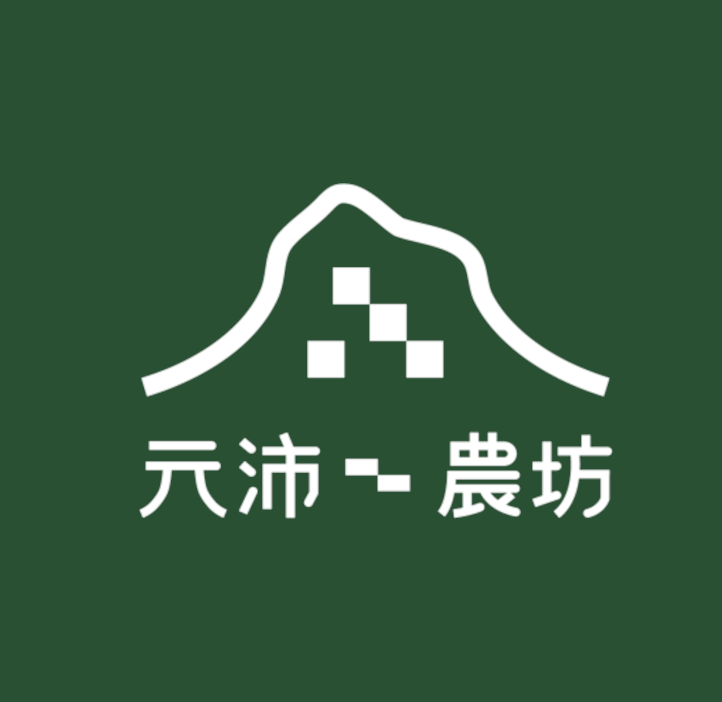


Agriforward is an enterprise in Taiwan established in 2016. Through adopting new technologies and recycling organic waste to make natural fertilizers, Agriforward strives to reduce organic waste and create a sustainable environment, thereby encouraging sustainable agriculture in Taiwan.
The Challenges
Farmers and agricultural companies often use chemicals like pesticides and fertilizers to boost the production of crops and avoid pests. Over 4.1 million tonnes of pesticides were used globally in 2018 (UNFAO, 2020). While pesticides can reduce pests in the short run, it can also disrupt the ecosystem by causing water contamination and the poisoning of animals (Aktar, Sengupta & Chowdhury, 2009). Chemical fertilizers may kill the good micro-organisms in the soil and lead to an increase in pests (More, 2019). In addition to creating pesticide and antibiotics resistance in bacteria, the excessive use of pesticides also increases weed resistance in fields (Pinho, 2021). All these problems hinder the sustainable development of the agricultural industry.
The Solution
Agriforward promotes local agricultural production by adopting new technologies to improve farming efficiency and reduce waste and contamination in the farming process. Agriforward uses an innovative and eco-friendly way to promote sustainable agriculture. It also adopts the “Cradle to Cradle” theory to convert waste back into natural nutrients. Firstly, Agriforward collects organic waste, including agricultural waste, leftovers and digestate, and ferments them into organic probiotics-rich fertilizers using worms and micro-organisms. With this approach, Agriforward can process and reduce the waste and pollution produced by the husbandry and energy industries. Secondly, Agriforward makes use of Internet of Things (IoT) and big data analysis to monitor the conditions of crops. It inserts detectors to measure the conditions of the plants in the fields, so that farmers use the data to track and manage the crops more effectively. With drone technology, Agriforward can also further monitor the crops from another perspective. Thirdly, Agriforward selects, processes and packages local produce for turning them into processed products, making them more accessible so that more people can support local agriculture.
The Impact
The work of Agriforward is well-recognized as it has won several awards, including two start-up awards in 2015 and 2017 respectively. Since its establishment, Agriforward has operated in 5 regions in Taiwan, including Hsinchu, Taichung, Changhua, Hualien and Pingtung. Agriforward has been managing 10 hectares of fields and has reduced the use of more than 1.7 tonnes of chemical pesticides. They have also engaged 16 farmers to take care of the company’s fields. Also, Agriforward uses local produce to create food brands like rice, soy sauce and XO sauce, and collaborates with a Taiwanese ice cream company to use rice to make ice cream without any additives. The collaboration has been successful, as the ice cream brand has received AA Taste Awards for two consecutive years. All their effort contributes to the prosperity and sustainability of agriculture in Taiwan.
Reference
Aktar, W., Sengupta, D., & Chowdhury, A. (2009). Impact of pesticides use in agriculture: their benefits and hazards. Interdisciplinary toxicology, 2(1), 1-12. https://www.doi.org/10.2478/v10102-009-0001-7.(Accessed 9 July 2021).
Food and Agriculture Organization of the United Nations. (2020, September 10). Pesticide Use. http://www.fao.org/faostat/en/#data/RP/visualize. (Accessed 9 July 2021).
More, H. (2019, July 23). Chemical fertilizers. The Fact Factor. https://thefactfactor.com/facts/pure_science/biology/chemical-fertilizers/2225/. (Accessed 9 July 2021).
Pinho, B. (2021, April 6). The growing problem of pesticide resistance. Chemistry World. https://www.chemistryworld.com/features/the-growing-problem-of-pesticide-resistance/4013465.article. (Accessed 9 July 2021).
Sadashiv, S. O. & Kaliwal, B. B. (2016, March 2). Resistance in Bacteria. Intechopen. https://www.intechopen.com/books/insecticides-resistance/resistance-in-bacteria. (Accessed 9 July 2021).
Social Impact Taiwan. (n.d.). Agriforward Co. Ltd. (元沛農坊-沃畝股份有限公司). https://si.taiwan.gov.tw/Home/Org?Fid=11&lang=tw. (Accessed 9 July 2021). (Only available in Chinese).